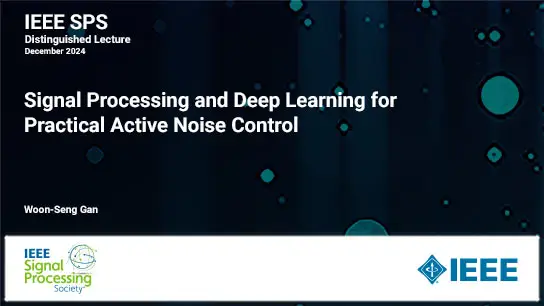-
Members: FreeSYSC
IEEE Members: Free
Non-members: FreeLength: 00:59:57
06 Nov 2024
Systems domain expertise has been found to be a critical factor successful machine learning applications. Artificial Intelligence (AI) algorithms are highly dependent on the quality of data used in training. For AI algorithms used on non-cooperative emitters where only small amounts of observed data is available, synthetic data is used to develop sufficient number of training samples to AI training. Synthesized data has the advantage that large volumes of training data can be generated over many scenarios that would be problematic to replicate in operational scenarios (often simply due to time/cost limitations). However, synthesized signal data sets are generated with mathematical precision that is not found in observed signal data. Recent research that focused on applying AI to radar signal processing I/Q data highlighted the limitations of direct AI approaches: AI applied without incorporating system level considerations yielded high performance with synthetic training data but very poor performance when data reflective of a broader operational context was processed by the trained algorithm.This presentation will summarize recent research where system level domain expertise was applied both to the development of the synthetic training data and to the training methodology. The result of using a systems level domain expertise approach was greatly improved performance on a generalized signal data set more representative of operational data. This discussion will include effects of signal frequency versus sample rate variations, signal-to-noise ratio considerations, channel effects considerations, and near-coincident reflection effects. The overarching theme is that the systems level expertise is required to use AI effectively on technical problems.


